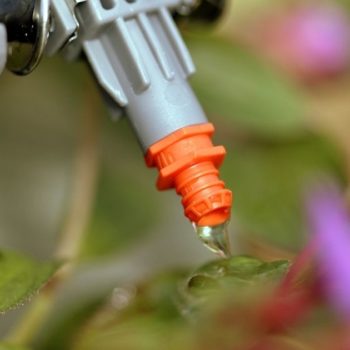
5 Ways to Naturally Keep Pests and Pathogens Away From Your Plants
A plant’s natural defense system against pests is nothing short of genius.
From the second their seeds pop, your plants develop an assortment of ways to survive the stresses that exist in their immediate environment. Their adaptation is a delicate balance of resources to fight off potential threats but stay strong enough to grow the sweetest fruit.
Plant stress can come from abiotic (non-living) factors such as temperature, light, and water, as well as biotic stress: the living organisms we know as pests. Whether it’s thrip, whitefly, spider mites or aphids, a garden pest is any insect or microbial life that presents a threat to the plant.
They suck juices and cells from the plants they infest, causing their leaves to yellow or stunting their growth. Pests also expose the plant to fungi, viruses, and other harmful bacteria. If they don’t kill your plant, pests and pathogens can prevent your plant from reaching its full potential.
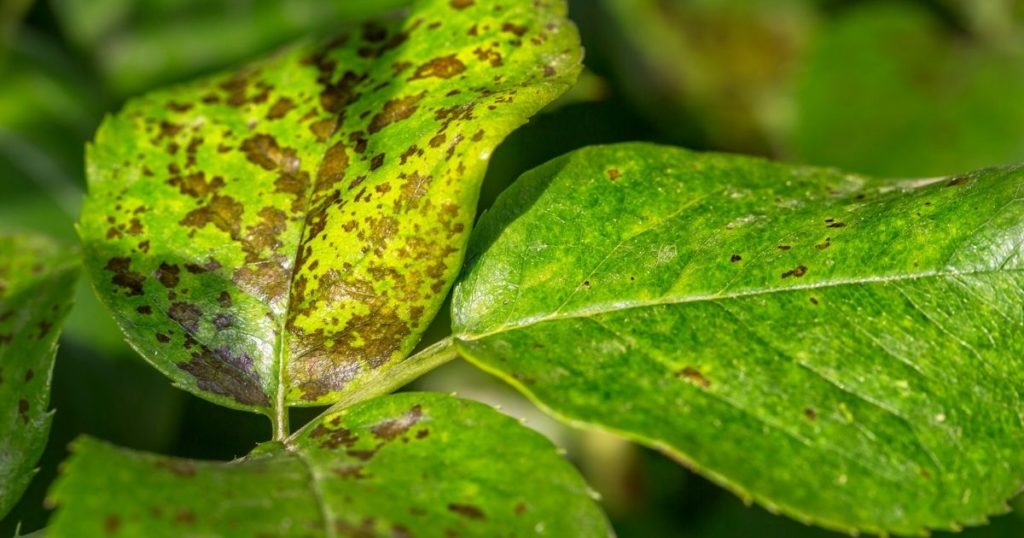
Why should you stay away from synthetic pest controls?
In the past, growers attempted to control pests and pathogens in their crops using synthetic pesticides. But in addition to killing pests, these synthetic pesticides also affect living organisms such as beneficial microbes, fish, birds, and non-target plants to name only a few victims.
With the use of pesticides proving more damaging than once thought, the global market for synthetic pesticides has declined, and new, cleaner methods of pest control are an emerging trend.
Growing a healthy and productive disease-free crop doesn’t have to be difficult or expensive. With a little time and patience, and an ounce of prevention, you can easily keep common pests and pathogens at bay. Here are five natural ways to get you started:
1. Hardening Off
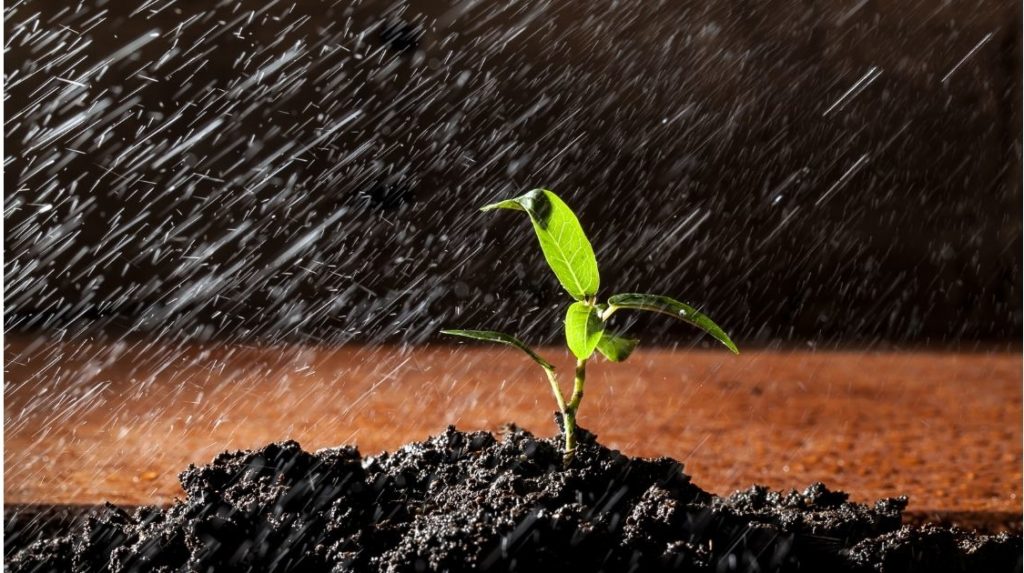
You can easily ramp up a plant’s natural defense system by increasing its exposure to outdoor environmental stress. This is typically done when plants are seedlings and right before the summer solstice.
2. Give Plants Room to Breathe
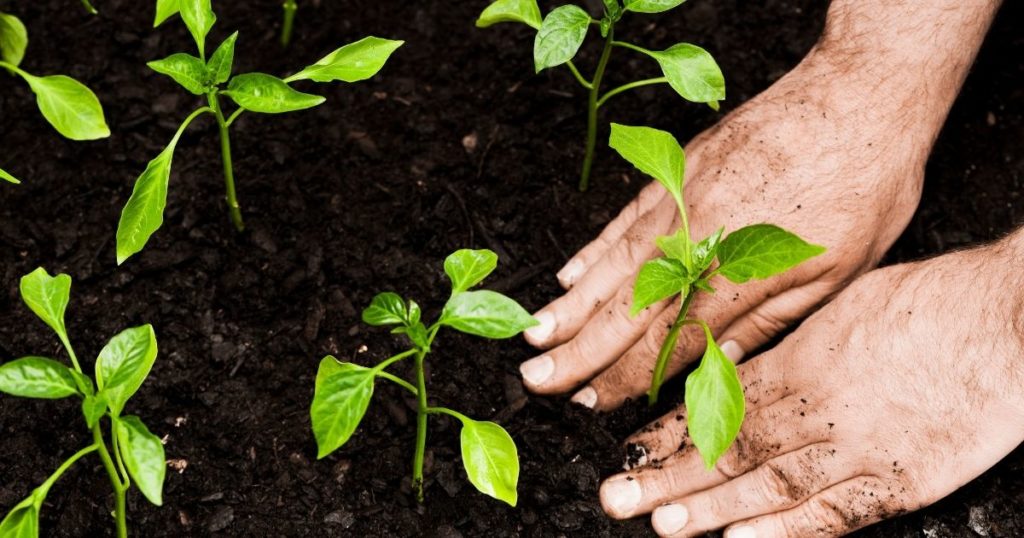
Ensure proper spacing between plants when you plan your garden. Without enough space between them, plants in high-density gardens are the perfect breeding ground for pathogens.
3. Keep It Clean
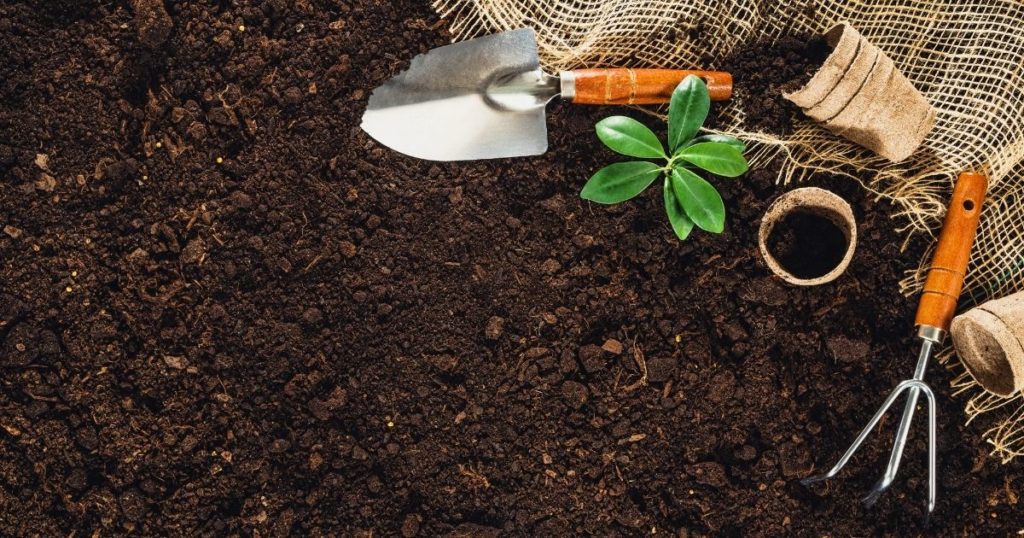
Practicing proper sanitation is one of the best ways to keep your garden both disease and pest free. Since residual organic matter in soil can play host to a variety of pests, it’s a good idea to start each grow with a sterile mix.
4. Boost Soil
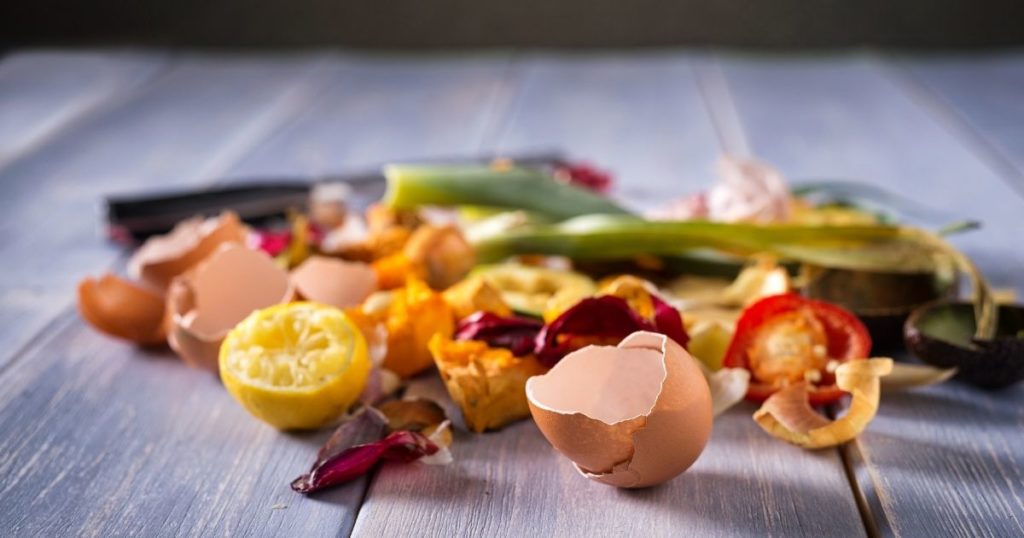
To produce nutrient-dense foods, your plant needs nutrient-dense soil. You can easily boost your soil by adding organic mulch, nitrogen-rich manure, and DIY fertilizer made with kitchen scraps.
5. Boost Your Plant’s Immune System
It’s important to prevent pests and pathogens from attacking your plants before they show up, so may want to consider adding an extra layer of protection with HYSHIELDTM.
With all-natural ingredients derived from crab shells that would otherwise end up in landfills, HYSHIELD TM. is both environmentally friendly and effective for strengthening your plant’s defense system to fight off pests naturally.
When used in any growing media or at any growth stage, HYSHIELD TM. puts the plant into protective mode which not only stimulates and strengthens the plant’s immune system but also wards off pests and pathogens.
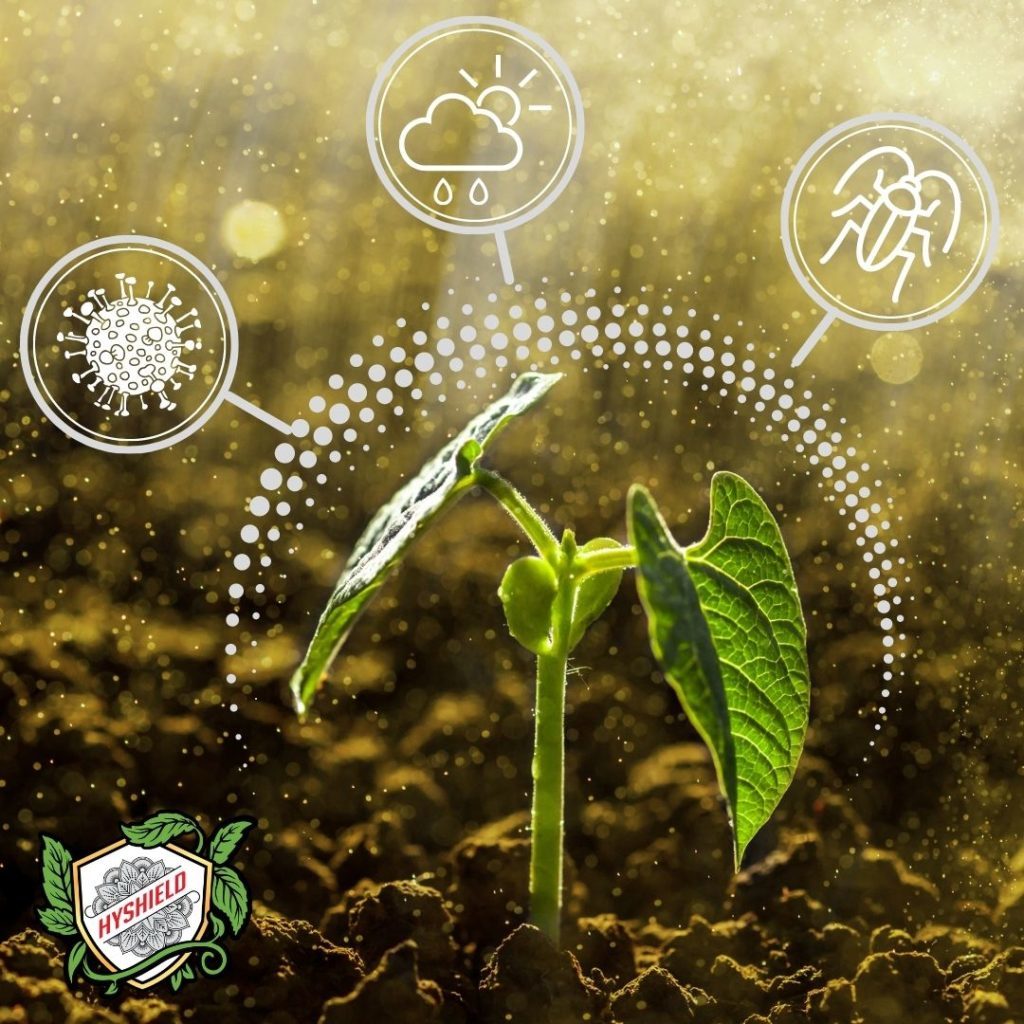
To learn more about chitosan and how HYSHIELD TM. can help your crop reach its full potential, read our blog “What is Chitosan?”
Ready to try HYSHIELD TM ? Find a hydro store near you!
- A Journey of Five Decades

- Hygrozyme Celebrates 50 years of InnovationDELTA, British Columbia, Nov. 20, 2024 (GLOBE NEWSWIRE)— by Doubling Down on Agriculture and… Read more: Hygrozyme Celebrates 50 years of Innovation
- Hydroponic Gardening Tips and Tricks
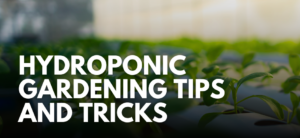
- On May 12, 2021


